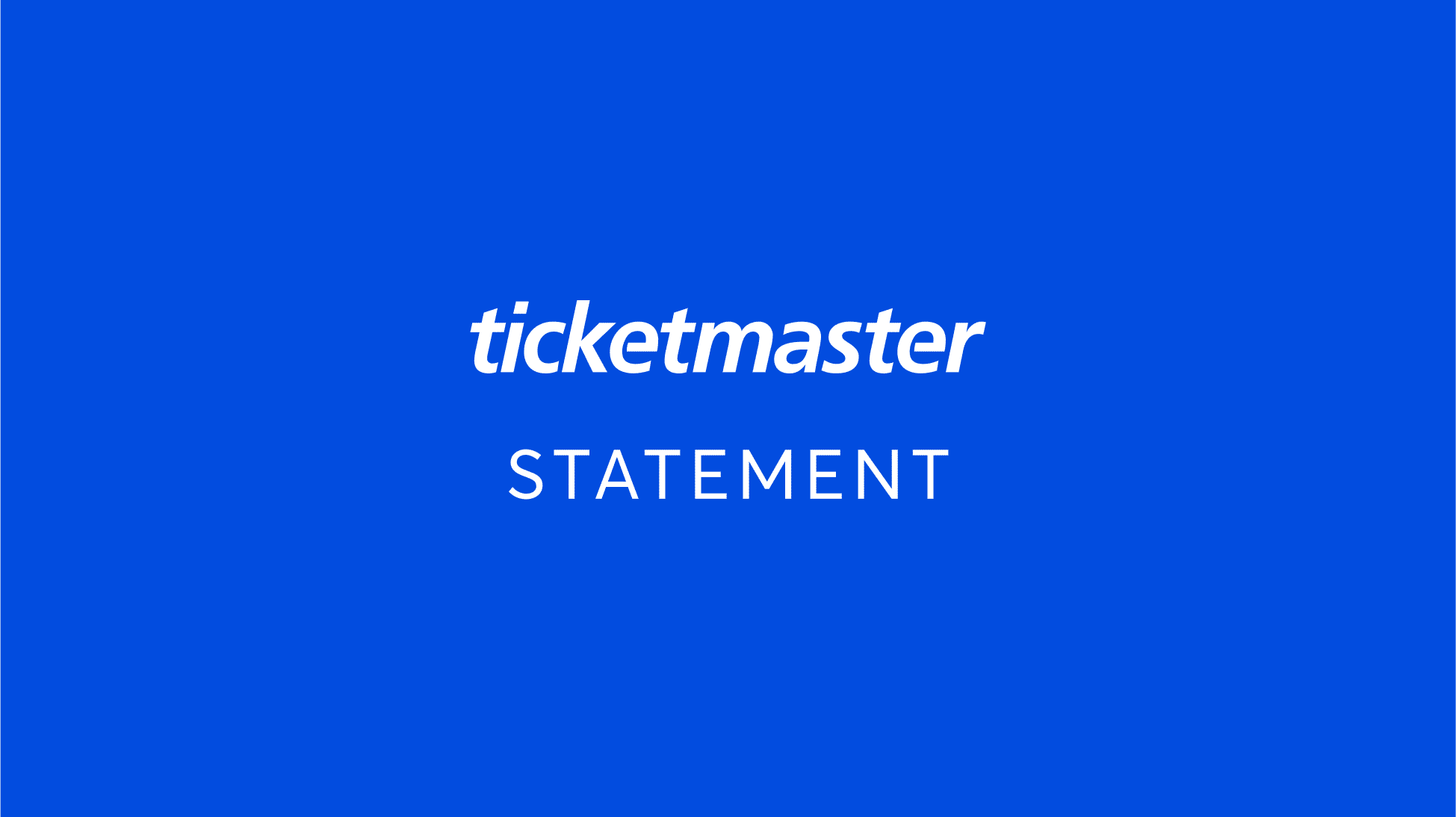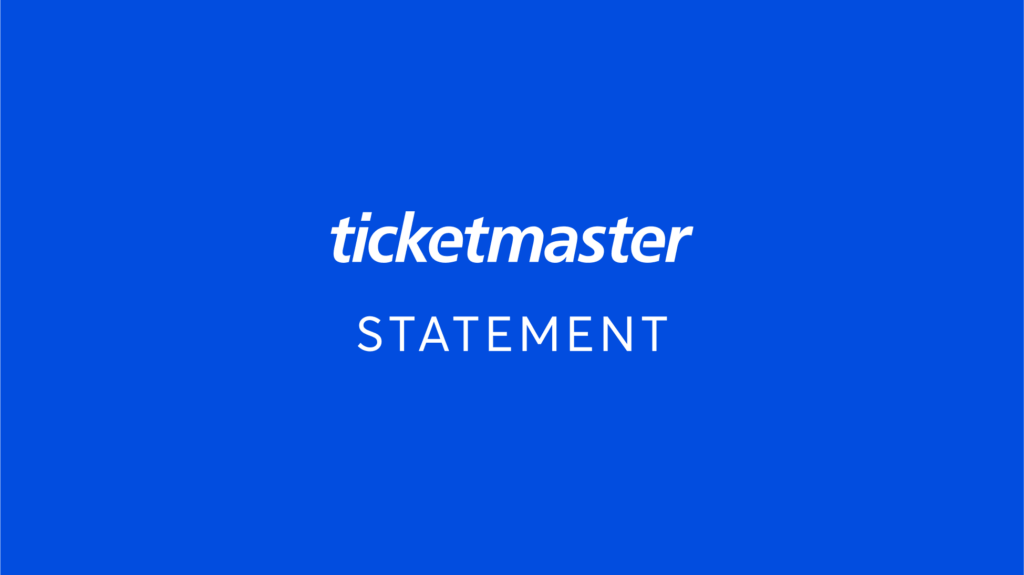As the resale ticketing market has grown to more than a $10 billion dollar industry over the past few years, artists and teams have lost that revenue to resellers who have no investment in the event going well or any of the people working behind the scenes to bring the event to life. As such, Event Organizers have looked to market-based pricing to recapture that lost revenue.
This is an important shift necessary to maintaining the vibrancy and creativity of the live music industry as artists and their crews become more and more reliant on touring. Like sports teams, artist representatives and promoters recognize the benefit of pricing tickets closer to market value.
Here’s a look at how pricing decisions are made.
Event Organizers Decide How They Want Their Tickets Sold, Ticketmaster Helps Execute:
- Different events have different onsale parameters, which are determined by the Event Organizer – not Ticketmaster.
- Ticketmaster does not determine pricing. Promoters and artist representatives set pricing strategy and price range parameters on all tickets, including fixed and market-based price points.
Supply and Demand Drives Pricing Decisions:
- The biggest factor that drives pricing is supply and demand. When there are far more people who want to attend an event than there are tickets available, prices go up. If prices are under market value at the onsale, they resell on the secondary market at higher price points.
- Similar to airlines and hotels, ticket prices adjust up or down based on demand. Event Organizers work with promoters to set pricing on all tickets, including fixed and market-based price points.
Market-Based Pricing Is An Industry Tool Offered By All Major Ticketing Marketplaces
- Market-based pricing is about capturing more value for the artist at the initial onsale, vs. that value going to people reselling tickets on the secondary market.
- Market-based pricing is just one tool that artists use to support pricing strategies.
- Ticketmaster builds the technology to empower the strategy that the artist team sets.
- Market-based prices are informed by secondary market info and the prices that most fans are ultimately paying anyway.
- The secondary market sees over $10 billion in ticket sales and continues to grow rapidly. Through Ticketmaster, market-based pricing has captured over $550 million for Event Organizers from resale markets in 2022 alone.




